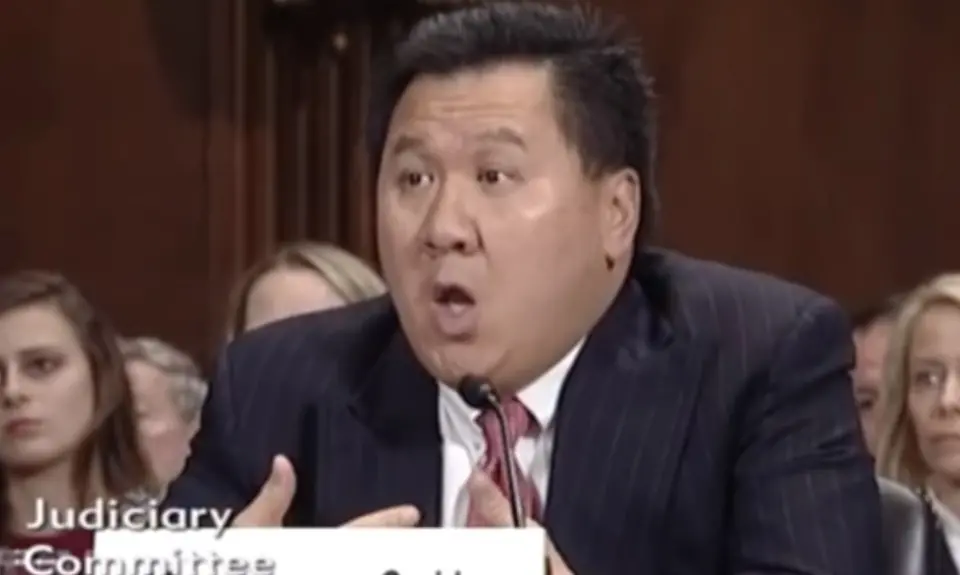“Confirmed Judges, Confirmed Fears” is a blog series documenting the harmful impact of President Trump’s judges on Americans’ rights and liberties.
In August 2018 a three judge panel of the Fifth Circuit ruled by a 2-1 vote that allegations by a pension fund supported a strong inference of intent by the company and its former CFO to commit securities fraud. Trump appointee Judge James C. Ho dissented.
In Alaska Electrical Pension Fund v. Asar the pension fund filed suit for securities fraud against Hanger Inc., the largest provider of orthotic and prosthetic patient care in the United States, and the company’s former CEO, CFO and COO. The fund claimed that the company and its officers had concealed facts that later caused a drop in stock price. Its allegations were primarily based on Hanger’s audit committee investigation report. Hanger had been struggling with large internal control problems and failed prior audits. Hanger did not disclose all of its weaknesses on its SEC filings, only a few. The pension fund alleged that Hanger actually had 93 weaknesses in their internal controls. Hanger subsequently issued a restatement to correct its understated issues, including admitting that it overstated its income by $87 million. After an audit committee investigation, the findings concluded that the former CEO and CFO emphasized their desire to achieve certain financial targets which may have contributed to inappropriate accounting decisions and that the former CFO engaged in inappropriate accounting practices.
The district court dismissed the securities fraud claims, but the Fifth Circuit panel ruled that the claims against the former CFO and Hanger, Inc. should be allowed to go forward, explaining that the audit committee report supported a strong inference of scienter, which means an intent to deceive or defraud. But Judge Ho dissented in favor of the corporation and its former CFO, claiming that the allegations were not specific enough.
